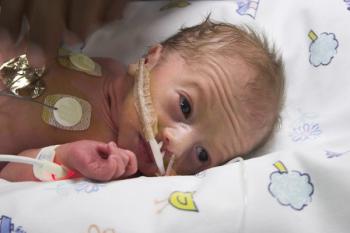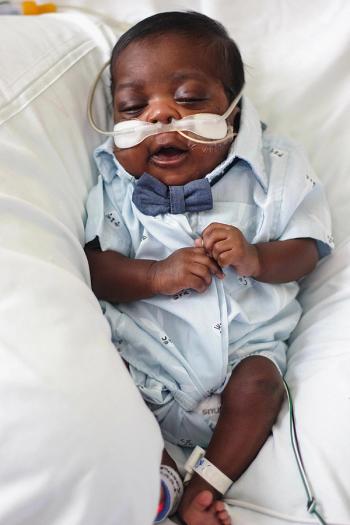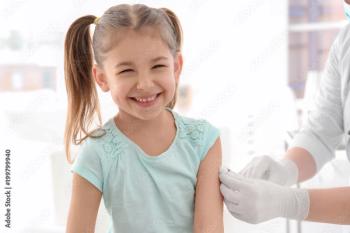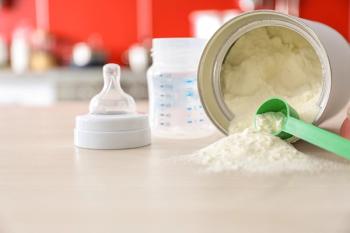
FDA Approves First RSV Vaccine for Pregnant Women to Protect Infants
Monday’s action followed by one month the agency’s approval of another first — a monoclonal antibody immunization for newborns — against respiratory syncytial virus, the leading cause of infant hospitalizations in the United States
The FDA this week greenlit a vaccine to protect infants from birth to six months against lower respiratory tract disease caused by respiratory syncytial virus (RSV). The injection will be given to pregnant women at 32 to 36 weeks’ gestation.
The agency’s
The FDA in May approved the first two RSV vaccines — Arexvy from GSK and Abrysvo, the same one that was just approved to protect infants — for adults 60 and older. RSV causes up to 160,000 hospitalizations and 10,000 deaths annually among Americans over the age of 65.
In July, the agency signed off on nirsevimab, a monoclonal antibody product for babies that will be marketed as Beyfortus by drugmakers AstraZeneca and Sanofi. The CDC three weeks ago
Unlike a vaccine, which triggers the body to start producing antibodies against an invader, with full immunity developing over the following weeks and often lasting years, the monoclonal antibody immunization delivers synthetic antibodies that provide protection immediately but lasts only five or six months.
The temporary immunity against RSV could be important for newborns whose immune systems are not fully developed and are at the highest risk of severe disease and death.
When the CDC’s Advisory Committee on Immunization Practices takes up the just-approved Abrysvo vaccine at an upcoming meeting, it will undoubtedly wrestle with the pros and cons of the vaccine vs. the antibody immunization for specific groups and circumstances.
In approving the vaccine for infants, the FDA cited data from a clinical trial that found the shot, when given between 32 and 36 weeks’ gestation, reduced the risk of lower respiratory tract infection by 35% and severe lower respiratory tract infection by 91% within 90 days after birth compared with placebo, and by 57% and 77%, respectively, within 180 days after birth.
The most common side effects were pain at the injection site, headache, muscle pain and nausea.
The data indicated a slightly higher rate of preterm births among vaccine recipients vs. the placebo group but the numbers were too small to determine whether it was due to the vaccine. The FDA required Pfizer to do postmarketing studies to assess any risk of preterm birth as well as pre-eclampsia, which also occurred at a slightly higher rate in the Abrysvo group.
Newsletter
Get the latest industry news, event updates, and more from Managed healthcare Executive.























